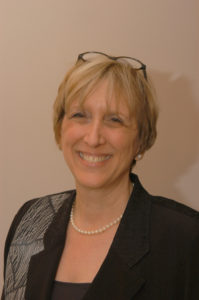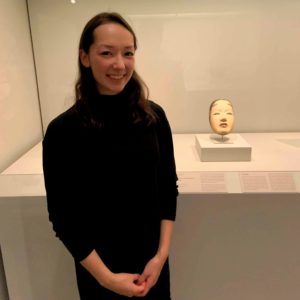Columbia Student Well-Being Survey

Take the survey today – check your inbox!
universitylife.columbia.edu/wellbeingsurvey
Who: All Columbia students.
What: A state-of-the-art University-wide student well-being survey on campus life, mental health and gender-based misconduct.
When: Right after spring break.
Where: You’ll receive an ema il from DataStat, the company that will administer the survey and protect the confidentiality of your responses.
Why: To create positive changes at Columbia, to contribute to the world’s largest and best global study on student mental health and wellness, and to win great prizes!
Every student at Columbia will have the opportunity to participate this spring in a global, state-of-the-art study supported by Columbia and by the World Health Organization’s Mental Health Initiative and the National Institutes of Health. The survey will strengthen what we know about our campus climate and student well-being, and in turn, enable us to make more positive changes at Columbia. Our goal is to understand more of what contributes to students thriving at Columbia and more about some of the challenges students face. Importantly, this survey will complement and supplement what we learn from other surveys, including the Senate Student Affairs Committee Quality of Life survey and the American College Health Association survey.
What will the survey cover?
The survey will ask questions about social interactions and involvement in activities; stressful experiences on campus and beyond; gender-based misconduct knowledge and experiences; social supports and coping strategies; mental health; help-seeking skills; and use of campus resources in all of these areas. The survey will also give students information about Columbia’s wellness, mental health and sexual violence resources. University Life will also offer follow-up opportunities on line and through focus groups to enhance the quantitative survey data.
When will the survey come out?
Right after spring break, all students will receive the survey by email from DataStat.
Who will administer the survey?
An outside data company that is not affiliated with Columbia (DataStat) will administer the survey here through an encrypted platform that ensures the full anonymity of data. DataStat has also administered the World Health Organization survey for campuses elsewhere in the United States and around the world.
Who developed the survey?
Three faculty members from CUMC (Dr. Claude Mell ins, Dr. Jennifer Hirsch, and Dr. Randy Auerbach (recently joined CUMC from Harvard), and Dr. Ron Kessler, a world-renown epidemiologist from Harvard, together with a small working group of Columbia-based mental health experts convened by University Life.
Have students been involved? Will students be involved in the rollout?
Yes and yes. Students from both the CUMC and Morningside campuses have reviewed and provided input on the survey questions and will be significantly involved in leading the rollout in the spring. University Life is creating a survey leadership team of students from all of Columbia’s schools. (Sign up at bit.ly/OULStudentSurvey18 or email universitylife@columbia.edu for more information.) In addition, student governments and student organizations will help develop and lead the rollout.
Why is the World Health Organization doing this survey?
The World Health Organization {WHO) wants to learn more and advance problem-solving related to student mental health and wellness. This survey is a critical part of WHO’s research.
What other students have taken this survey?
Students in 15 countries across five continents have taken the World Health Organization part of the survey already. In the U.S., students at Harvard, Amherst, Boston University, and other schools are also participating in the WHO survey.
How does this relate to other surveys that Columbia students take?
This survey uses state-of-the-art measures to gather data that will add to what we know from the biannual Student Quality of Life survey by the Student Affairs Committee of the University Senate and the American College Health Association Survey. All of these, together, will be put to use to create many positive changes at Columbia.
Why should Columbia students take this survey?
• To create positive changes at Columbia.
• To contribute to science by helping create the largest and best global study ever on student mental
health and wellness.
• To win great prizes !
Stay up to date at universitylife.columbia.edu/wellbeingsurvey



